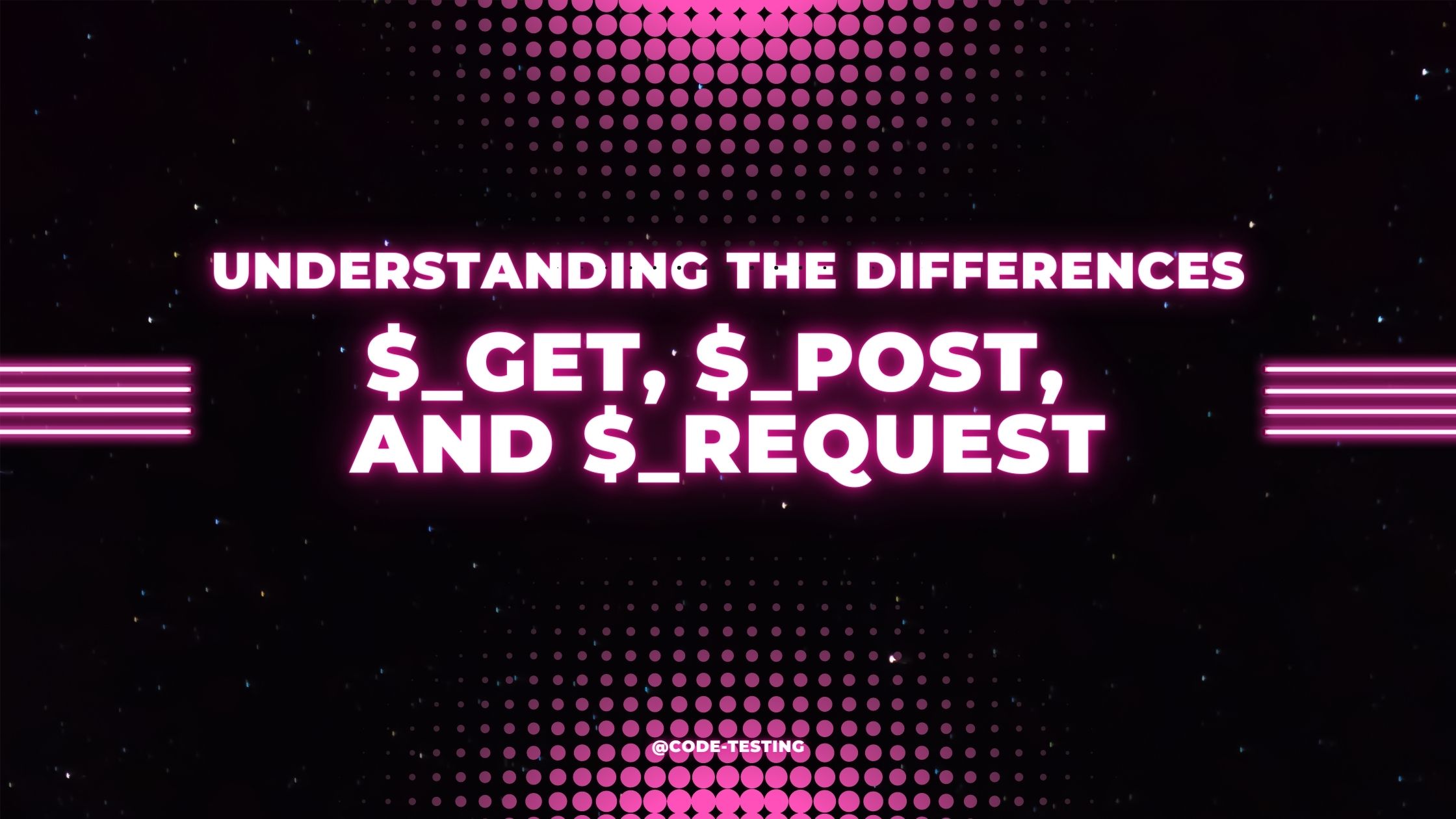Common Types of Errors in PHP
Introduction:
As a developer, encountering errors while writing PHP code is a common occurrence. Understanding the different types of errors that can occur in PHP is essential for effective debugging and troubleshooting. In this article, we will explore the various types of errors in PHP, including syntax errors, runtime errors, and logic errors. By gaining insight into these error types, you will be better equipped to identify and resolve issues in your PHP code.
Syntax Errors:
Syntax errors occur when the PHP interpreter encounters code that violates the language's syntax rules. These errors prevent the code from executing and usually result in a "Parse error" message. Common causes of syntax errors include missing or misplaced parentheses, semicolons, or quotation marks, as well as incorrect usage of PHP language constructs. Here's an example of a syntax error:
echo "Hello World!'
In this case, the missing closing quotation mark will trigger a syntax error.
Runtime Errors:
Runtime errors occur during the execution of PHP code and can lead to unexpected behavior or program termination. These errors are often caused by issues such as division by zero, accessing undefined variables or array indexes, or calling non-existent functions or methods. Runtime errors can be identified by error messages that appear in the browser or server logs. Let's consider an example of a runtime error:
$number = 10;
$result = $number / 0;
In this case, dividing a number by zero will trigger a runtime error, as it is an invalid mathematical operation.
Logic Errors:
Logic errors, also known as semantic errors, occur when the code does not produce the desired output or behaves in an unexpected manner. Unlike syntax errors and runtime errors, logic errors do not generate error messages or warnings. They are more challenging to identify since the code technically runs without any apparent issues. Logic errors are typically the result of incorrect algorithmic implementation or faulty conditional statements. Consider the following example:
$number1 = 5;
$number2 = 10;
$sum = $number1 + $number2;
if ($sum > 15) {
echo "The sum is greater than 15.";
} else {
echo "The sum is less than or equal to 15.";
}
In this case, if the intention was to check if the sum is greater than or equal to 15, the logic error lies in the conditional statement, which incorrectly checks for greater than 15.
Conclusion:
Understanding the different types of errors in PHP is crucial for effective debugging and troubleshooting. Syntax errors occur due to violations of the PHP syntax rules and prevent the code from executing. Runtime errors occur during program execution and can lead to unexpected behavior or program termination. Logic errors, on the other hand, do not generate error messages but result in incorrect program output or behavior. By familiarizing yourself with these error types, you can adopt best practices in your PHP development process, write robust code, and efficiently resolve issues that arise during development. Remember, a thorough understanding of PHP error types goes hand in hand with becoming a proficient PHP developer.




Comments
Post a Comment